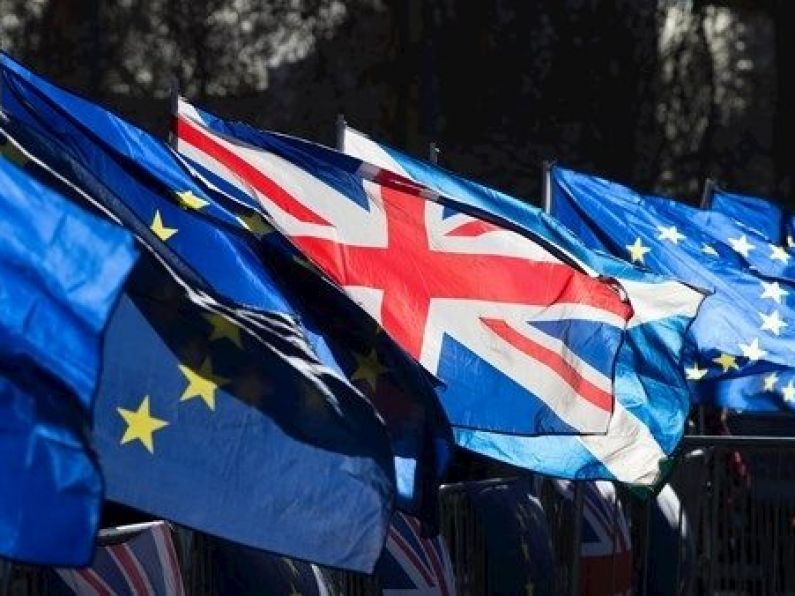British companies are more worried about Brexit than at any time since the 2016 referendum decision to leave the EU, and they plan to reduce investment and hiring, a survey of chief financial officers shows.
The survey, conducted by financial advisory giant Deloitte, found that 83% of the CFOs believed that leaving the EU would hurt Britain’s long-term business environment.
Only 4% said it was a good time to take on more balance-sheet risk, the lowest percentage since the collapse of Lehman Brothers, in 2008, which helped trigger the financial crisis.
Britain’s economy has slowed sharply since a strong start to 2019, when companies were rushing to prepare for the original Brexit date, in March.
That has been delayed until October 31. Surveys published last week suggested the British economy shrank in the second quarter and Bank of England governor, Mark Carney, warned of the growing risks from a no-deal Brexit and from an escalation of trade tensions in the world economy.
Almost two-thirds of the CFOs surveyed by Deloitte expected to cut hiring in the next three years, as a result of Brexit, and 47% expected to reduce capital spending.
British companies cut back on business investment throughout 2018, the longest such run since the global financial crisis, raising concerns about the sustained impact of Brexit on the country’s economy.
Separately, UK employers’ group the Confederation of British Industry (CBI) said it expected business investment would fall by 1.3% in 2019, the biggest decline since the financial crisis, even if Britain avoids a no-deal Brexit.
“Brexit uncertainty is crippling business investment. We’re at risk of falling further behind our G7 competitors,” Rain Newton-Smith, the CBI’s chief economist, said.
The CBI kept its forecast for British economic growth in 2019 at 1.4%, but cut its forecast for 2020 slightly, to 1.5%, from a previous estimate of 1.6%.
The Deloitte survey was based on responses from 79 CFOs, including 48 from Ftse-350 companies, and was conducted between June 12 and 28.
Reuters






